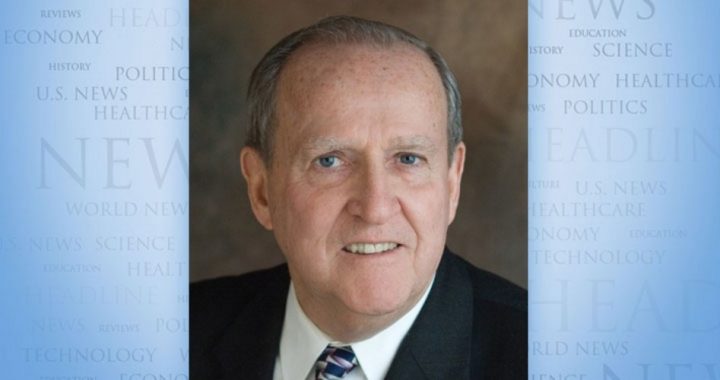
As the candidates for the Republican nod in the presidential race become fewer (down from 17 to 3 as we write), and the voters don’t seem to have made a clear choice, the possibility of a brokered convention has emerged.
A “brokered” convention occurs when no candidate wins enough delegates in the primary/caucus contests to assure nomination on the first ballot. The decision then passes to convention delegates, something that hasn’t happened at a Democrat or Republican convention over the past 50+ years. When it does occur, the possibility exists that all primary/caucus results can legitimately be ignored by the delegates.
Labeling this eventuality a “brokered” convention is an interesting word choice. The term developed because the eventual choice of the party shifted to “power brokers,” the obvious, or not so obvious, party leaders. This convention type invites bargaining or horse-trading, and it would likely also result in bribery, threats, and other examples of behind-the-scenes skulduggery.
Looking back, we find that Republicans failed to nominate their candidate on the first ballot in 1948. Thomas Dewey, Robert Taft, and Harold Stassen failed to gain victory on the first ballot. Dewey’s numbers rose during the second ballot after persuasive forces began to flex their muscles. Taft and Stassen then withdrew and Dewey became the party’s unanimous choice on the third ballot. He lost to Harry Truman.
At the Democrat Convention in 1924, exhausted delegates finally selected John Davis on the 103rd ballot. Without doubt, the “brokers” made bargains, issued threats, and handed out bribes to hand Davis the victory. He lost to Calvin Coolidge.
Current commentators claim that television coverage of the proceedings pretty much guarantees that there won’t be any brokered conventions. I don’t agree. Today’s power brokers, who should be known as “The Establishment,” have gained control of both major parties. For many years, both Democrat and Republican candidates have either been members of the Council on Foreign Relations (CFR) or surrounded by members who were their “advisers.” Founded in 1921, the CFR’s leaders have always favored big government and eventual world government.
A short article in the March 4th New York Times tells of the CFR’s influence. It notes that Donald Trump had a “private briefing” with CFR President Richard Haass in mid-2015. It quotes Trump saying, “I respect Richard Haass … I have a few people that I really like and respect.” It also told of similar Haass briefings already for Republicans Marco Rubio, Chris Christie, John Kasich, and Jeb Bush. The Democrats who trooped to the CFR for their Haass briefing include Jim Webb and Hillary Clinton.
Among current GOP candidates, the Times article didn’t mention Ted Cruz. But it turns out that his wife held membership in the CFR until 2011. While holding that dubious credential, she worked with the late Dr. Robert Pastor in a CFR project designed to have the United States, Canada, and Mexico become a single nation.
So, will the Republicans end up with Trump? Or Cruz? Or Rubio? Or Kasich? You can bet the power brokers at the CFR aren’t terribly concerned because each will be influenced by the CFR. In like manner, they aren’t a bit concerned about the choice of Mrs. Clinton by the Democrats.
So where does an American turn? The Constitution states very clearly that the House of Representatives has the power of the purse and can put a stop to much of what is driving this country away from its roots. The CFR doesn’t control the House the way it controls who will be president. So, for those who care, the way to rescue our country from power brokers at the CFR and like-minded organizations is to elect uncorrupted individuals to the House. And if anyone reading this brief column wants to learn more about the CFR, read “The Shadows of Power.”
John F. McManus is president emeritus of The John Birch Society. This column appeared originally at the insideJBS blog and is reprinted here with permission.



